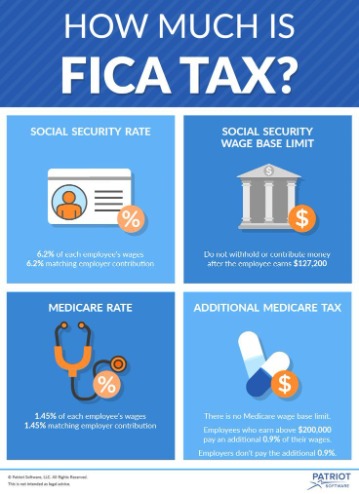
7 2 Describe and Explain the Purpose of Special Journals and Their Importance to Stakeholders Principles of Accounting, Volume 1: Financial Accounting
Content

That value is then transferred as the opening entry for the next accounting period. In that case, it is the accounting period for that account, which is closed. A journal is a concise record of all transactions a business conducts; journal entries detail how transactions affect accounts and balances. A trial balance is a bookkeeping worksheet in which the balances of all ledgers are compiled into equal debit and credit account column totals.

At the end of the month the total of the column is debited to Accounts Receivable and credited to Sales. Throughout the month, the individual sales invoices will be posted to each customer’s record found in the company’s subsidiary ledger for Accounts Receivable. Special journals https://kelleysbookkeeping.com/ are journals that an organization maintains to record their business transactions that are frequent or repetitive in nature. The special journal is the specialized entries of such transactions that are required to be recorded in the books in the form of journals.
Posting To The Ledgers
For example, the cash receipts journal contains all of the cash sale transactions. The accounts receivable or credit sales journal contains all the transactions for credit sales. Special journals are all accounting journals except for the general journal. These journals are used to record specific types of high-volume information that would otherwise be recorded in and overwhelm the general ledger.

Special journal books include all the transactions related to the return of goods to the supplier, purchased on credit, or allowances received from the supplier. All accounting journals inside an organization—aside from the general journal—are classified as Special Journals. The company’s accountants and bookkeepers can correctly track all General And Special Accounting Journals business operations since all transactions and comparable transactions are grouped and documented in a structured manner. Only one posting for the total amount is made to the relevant ledger account at the end of the month or another appropriate period. One special journal will record cash receipts, and another will record cash payments.
Definitions Of Terms Associated With Journals
If we ordered inventory from Jones Mfg. using purchase order #123 and received the bill for $250, this would be recorded in the purchases journal as shown in Figure 7.28. To keep accurate records, company operations must be considered. For example, inventory is purchased, sales are made, customers are billed, cash is collected, employees work and need to be paid, and other expenses are incurred. All of these operations involve different recording processes. Sales will require a sales journal, cash receipts journal, and accounts receivable subsidiary ledger journal.
What are the 4 special journals in accounting?
The four main special journals are the sales journal, purchases journal, cash disbursements journal, and cash receipts journal. These special journals were designed because some journal entries occur repeatedly.
Larger businesses, often use computerized accounting systems which bifurcate transactions on their own and update all the sections of the accounting record with only a single entry of transaction. However, accounting software programs are expensive and most of the smaller and medium-sized organizations may not afford to buy and maintain them. Such small and medium size entities opt to use special journals to organize their business transactions.



この記事へのコメントはありません。